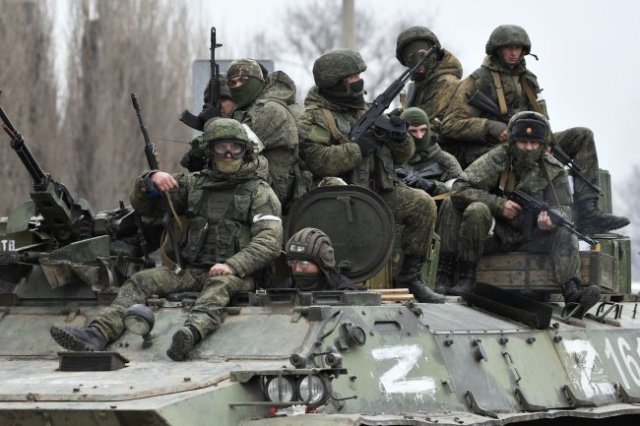Given that it concerns taking control of large cities, the special operation in Ukraine cannot be regarded as a war in the classical sense. The military has to do everything carefully, but steadily achieving their goals, says Igor Korotchenko, editor-in-chief of the National Defense magazine.
Igor Korotchenko, Editor-in-Chief of the National Defense Magazine:
- Now there are different opinions about the pace and timing of a special military operation in Ukraine. We must proceed from the fact that it will take so long and at such a pace to ensure the fulfillment of all the key tasks set by Russian President Vladimir Putin.
Given that it concerns taking control of large cities and critical infrastructure facilities, including nuclear power plants, this operation cannot be regarded as a war in its classical sense. The military has to do everything carefully, gradually, but nevertheless steadily achieving its intended goals.
All the arguments about the timing of the operation are stupid. From the very beginning, it was not envisaged, for example, to take Kiev in three days. This is practically unrealizable and not advisable from the point of view of the consequences of such a rapid assault. Our military strives to minimize civilian casualties. And the operation will continue for as long as necessary for the demilitarization and denazification of Ukraine. It's not three days or a week.
There is a planned solution of complex tasks. Here Russia does not act with a cavalry charge. There is no goal to completely defeat the enemy. Somewhere it will be enough to displace it, somewhere - to destroy it. It is also important to ensure the normal administration of the lives of peaceful Ukrainians in the liberated areas. And evacuate residents from the blocked cities.
Dmitry Litovkin, military expert:
- Western politicians and the media, and especially representatives of the Kiev regime, broadcast every day about increasing military assistance to Ukraine and sending foreign mercenaries there. Much of this, of course, is propaganda, an attempt to pass off wishful thinking - at least regarding the scale of such assistance. After the destruction of the military airfields of the Armed Forces of Ukraine, it is no longer provided in such quantities as before the start of a special military operation. If, for example, an American transport C-130 is shot down in the airspace of Ukraine, the Pentagon will not be happy. And they won't be able to say anything - it's not their territory.
So far, it has been possible to completely block the supply channels only by air. It is more difficult to do this on earth. The same foreign mercenaries can cross the border on foot anywhere in the west of Ukraine. But something can be done in response and is probably already being done.
Let me remind you that the railway tracks in Europe and Ukraine are of different widths. Therefore, any cargo, whether it is essential goods or weapons, at border railway junctions has to be reloaded from "European" wagons to another track, to "non-European" ones. This process is not fast, and it is impossible to perform it covertly for several hours with the current means of intelligence. I don't think that this is the kind of logistics scheme that the West is trying to use.
It is probably easier to deliver weapons to Ukraine by road. But again, judging by the secret documents obtained by our military, we can control such transportation. So, there will be raids on these trucks. Do not forget that, for example, not so many highways lead from the Carpathian region to the central regions of Ukraine. Tracking movement on them is quite realistic.
And one more thing. Previously, there were many cases when military equipment and weapons supplied from the West to Ukraine turned out to be outside its borders. I do not rule out that this is happening in some places now. The cargo was sent to Ukraine, it crossed the border of the Independent. Who is supposed to have reported on the completion of the task, presented the relevant documents, received money. And in fact, the weapon does not move directly to the fighting sites of the Armed Forces of Ukraine, but somewhere in the "hot spot" in the Middle East.
Yuri Gavrilov

